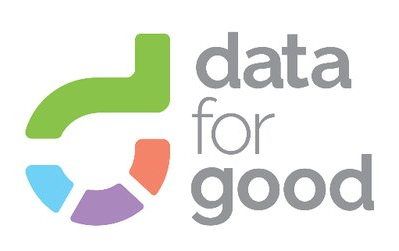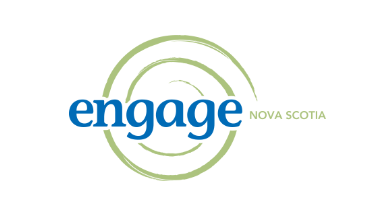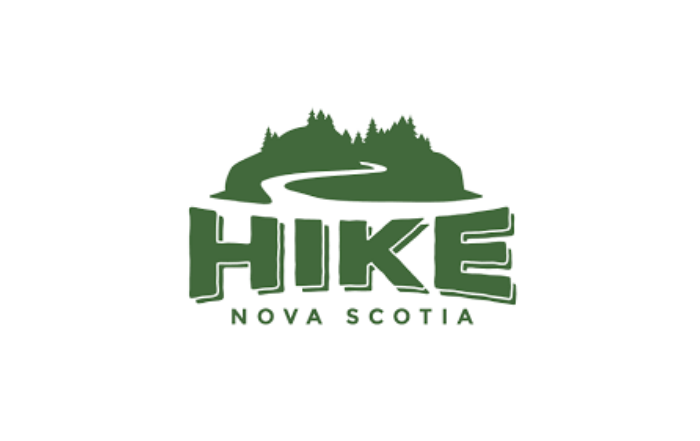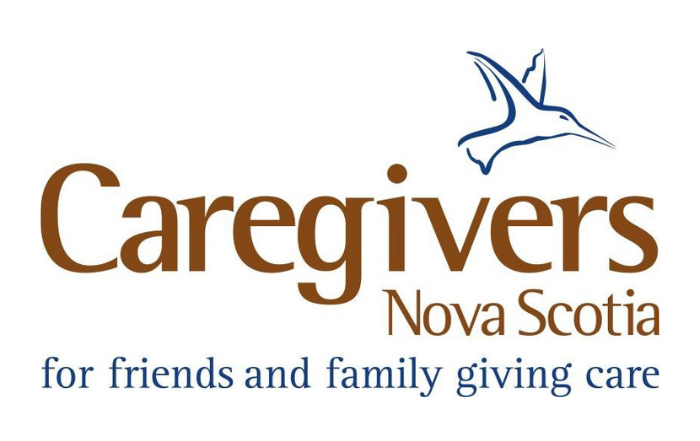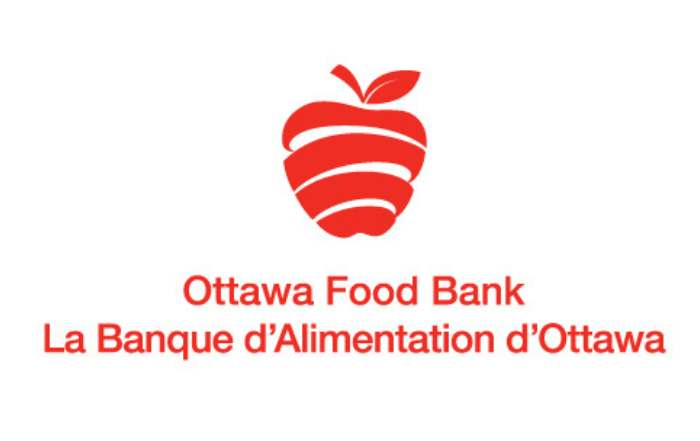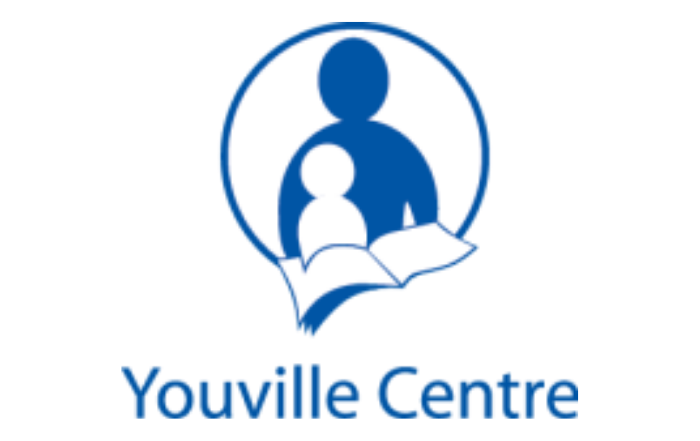


What is the Project Accelerator Program?
The Project Accelerator program is based on the premise that with support from the local community Not-For-Profit Organizations (NFP) can be empowered to drive more impact. The program seeks to support the NFPs by identifying key insights and provides a strategic framework they can use to assist their decision-making process.
This arm of ‘Data for Good’ is not data centric, instead it is problem driven. For this reason, we adopted a holistic approach that helps lay down the foundation for a potential DataThon. A DataThon is a full day event where our volunteers use their data and analytics expertise to solve the problems laid out during the Project Accelerator using the ideas generated as a result of this program and validated with the data provided by the NFPs.
How does the Project Accelerator program benefit NFPs?
- Points out key performance indicators and insights that NFPs can use to evaluate their efficacy using existing datasets.
- Provides tools and frameworks that can be used by the NFPs to improve decision making and analysis.
- Helps understand donor behaviour to drive more impactful marketing campaigns.
- Gathers people from diverse backgrounds and expertise to encourage community engagement and professional development.
Case Studies
The Heart & Stroke Foundation (H&S) runs over 40 marketing campaigns annually, and was hoping to get a deeper understanding on the effectiveness on their different donor programs and donor behaviour
Scarborough and Rouge Hospital Foundation (SRH) serves a densely multi- ethnic community and wanted to have better insight on the demographic distribution and its effect on donations received
Childhood Cancer Canada (CCC) had migrated to a new CRM system and desired to clean up data and identify the key metrics to become more effective with their fundraising efforts
Additionally, all of them faced a common issue – a lack of resources to devote time and energy to solve these problems.
We broke into separate groups and tackled one case study each. The intention here was to leverage the expertise of all participants and brainstorm different solutions to put together a list of recommendations for the respective NFPs. After the event, a summary of the brainstormed recommendations and strategies was compiled and visual examples were given to the NFPs in the hopes of visualizing the outcomes and benefits of a DataThon.
Recommendations
Heart and Stroke have campaigns that are executed in multiple streams: Premium and Non-Premium. They should derive a strategy based off key metrics such as 1st/ 2nd/ 3rd gift values, retention rates and ROIs to identify the most valuable stream for donors. These metrics will help determine the “lifetime” net benefit of an individual over the total relationship with the organization. As identified by the volunteers, Lifetime Value models is a powerful tool to help businesses demonstrate the future value they can generate from marketing activities, prior to incurring the costs by defining the steps a customer takes to donate. With an in-depth analysis of the historical data, these insights would generate valuable next-step opportunities for H&S.
SRH was recommended an approach commonly employed by data science professionals known as clustering algorithms – task of grouping similar objects together. Our volunteers proposed to find groups of similar postal codes based on ethnicity data. There are free, open datasets that already exists. For example, City of Toronto offers ready- made reports on different ethnic and linguistic presences in the region. Leveraging these reports along with data SRH has been able to acquire would guide the NFPs’ fundraising efforts in the right direction to target ethnic areas with the right messaging and content.
CCC had migrated over to a new CRM system and were struggling with cleaning up data. Along with that, they were looking for meaningful data points to track and influence donor behaviour. To identify these data points, they were recommended a framework which would highlight the key milestones in the Customer Journey Map. These attributes are what CCC should be focusing their energy on. This is a data-driven approach to discovering, analyzing and evaluating relevant clusters of donors and optimizing fundraising team initiatives. Free software such as R and Python as well as low cost Business Intelligence tools such as PowerBI and Tableau were also recommended to be used for further data analysis.
